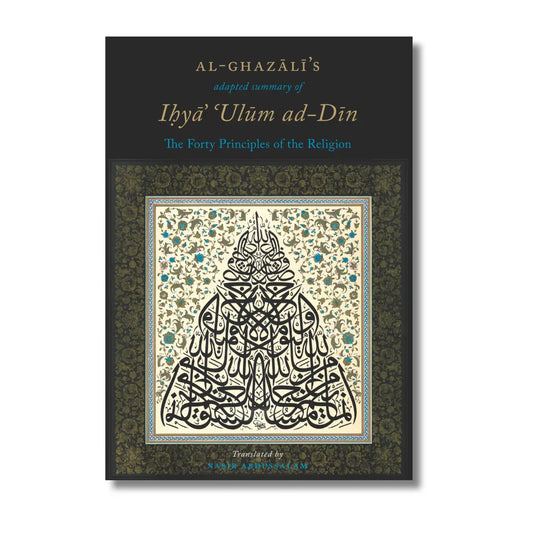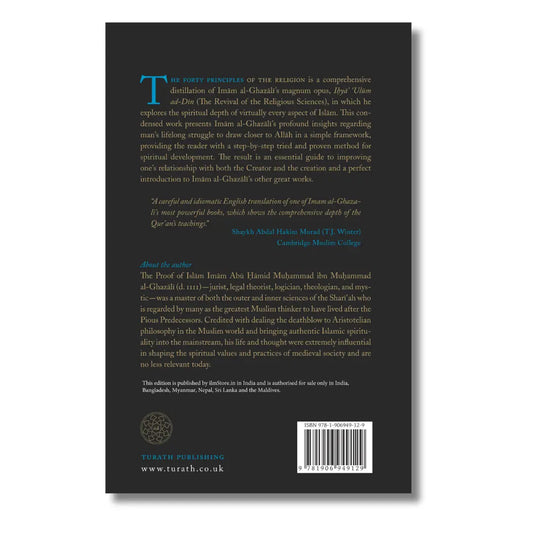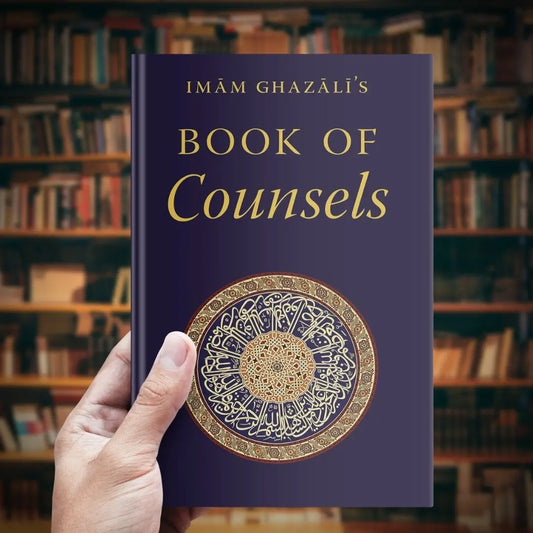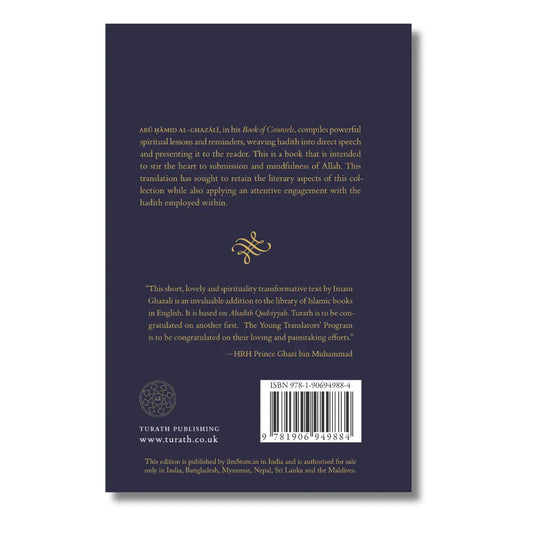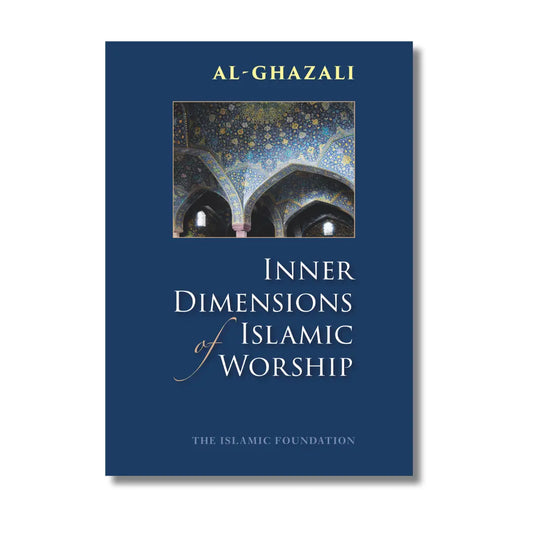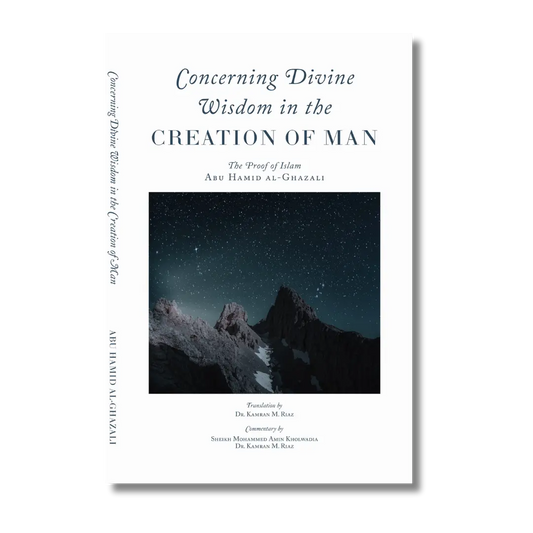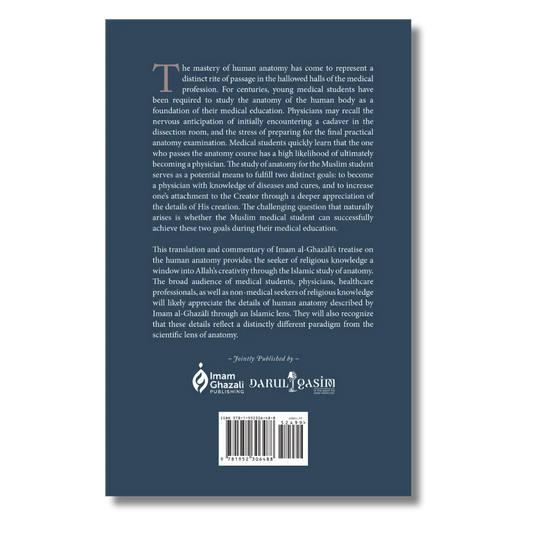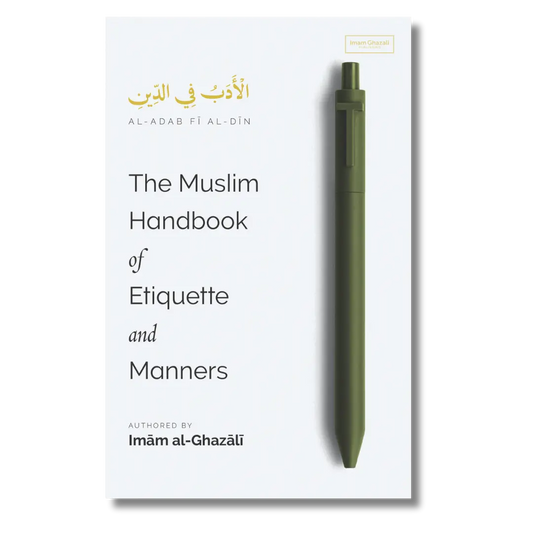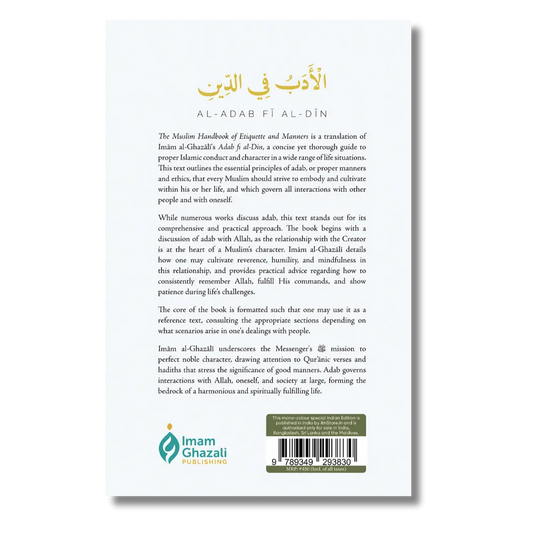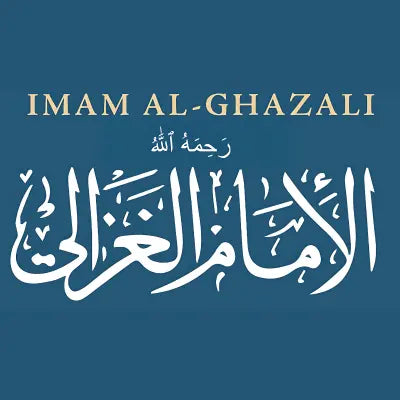
Imam Abu Hamid al-Ghazali
His name was Abu Hamid Ibn Muhammad al-Tusi al-Shafi al-Ghazali and he was honoured with the title of “Hujjatul Islam”, “Proof of Islam”. He was born in 1058 CE (450 AH) in the town of Tabran in the district of Tous in the province of Khurasan (Iran). His father was a cotton merchant and therefore he is referred to as Ghazali.
His early education was from local teachers, in his home town. He then moved to Jurjan (near the Caspian Sea) and studied under Imam Abu Nasr Ismaeli. The method of teaching was didactic, the teacher would deliver the lecture and the students took notes and compiled them. The young Ghazali was a brilliant student with an incisive wit and sharp intellect.


